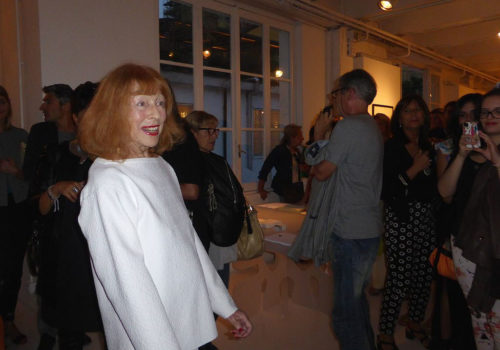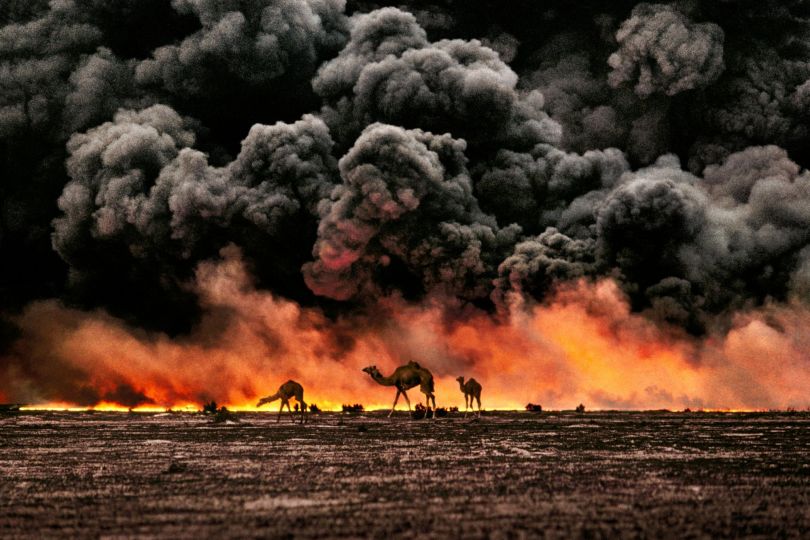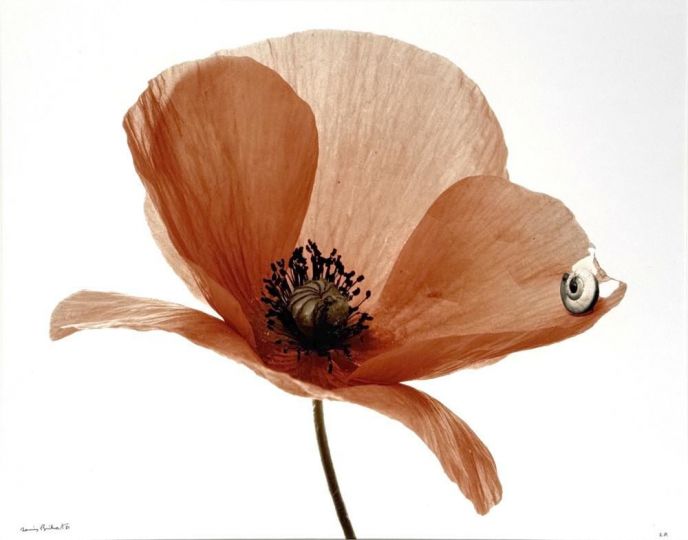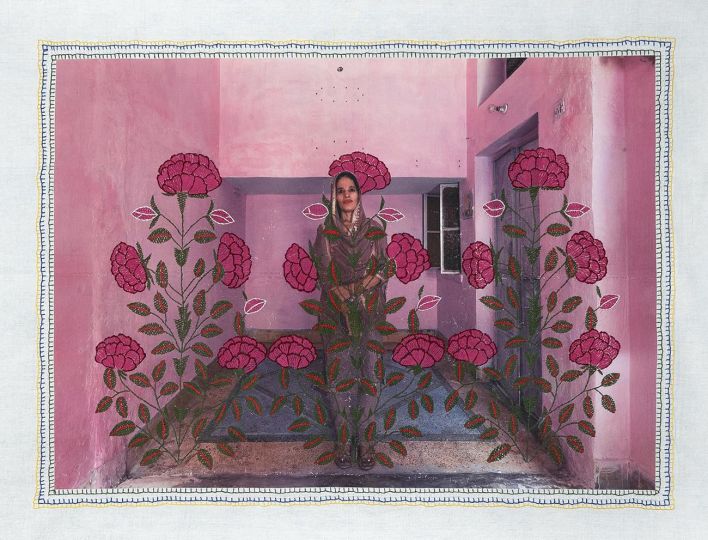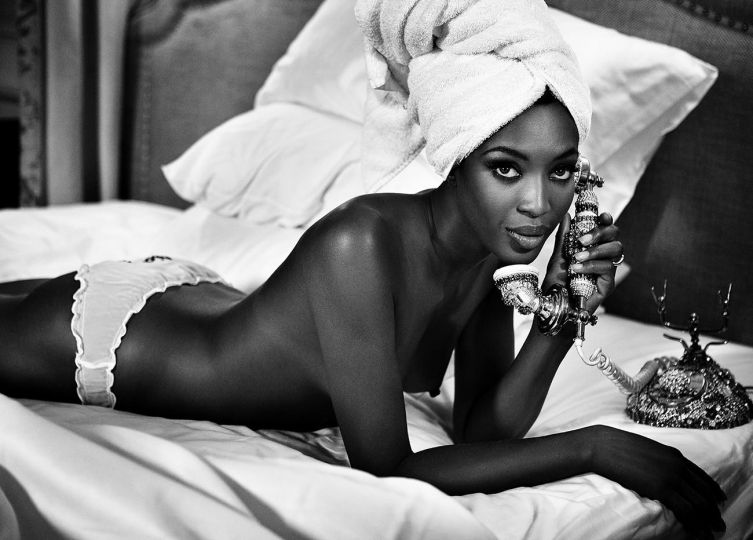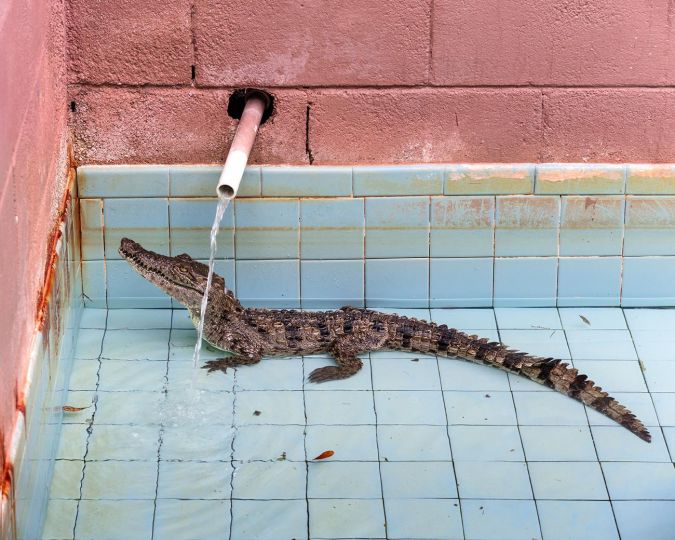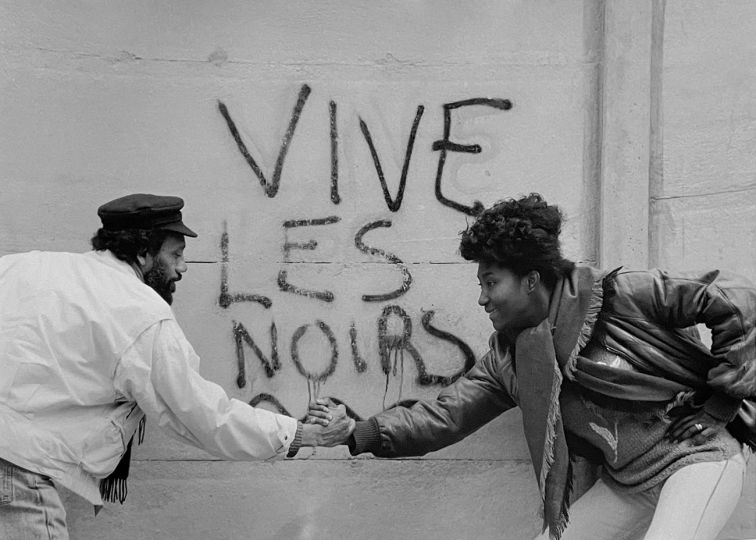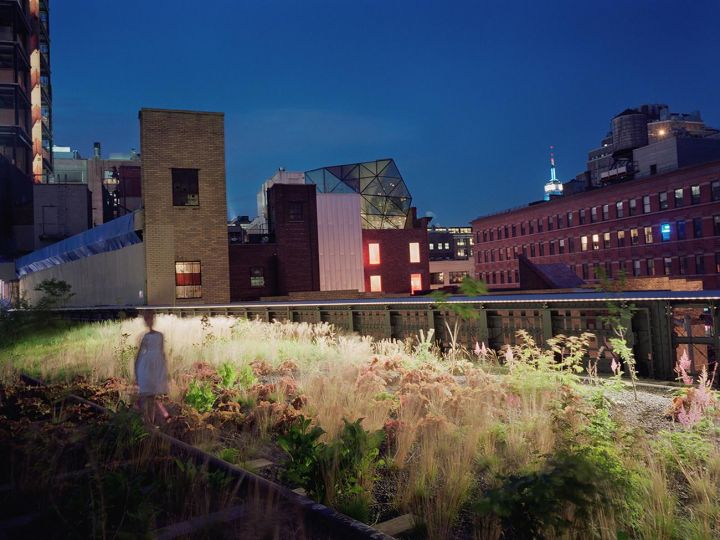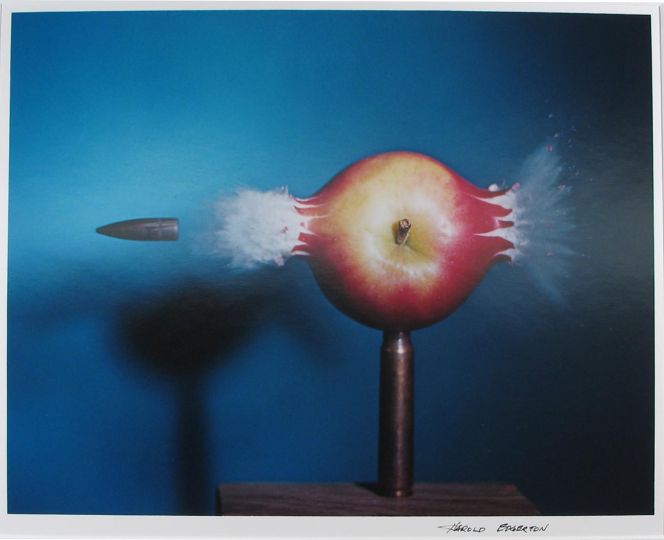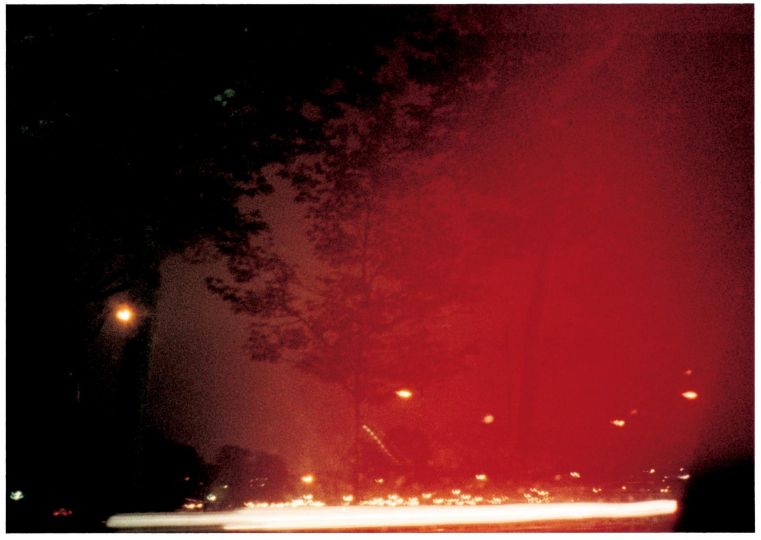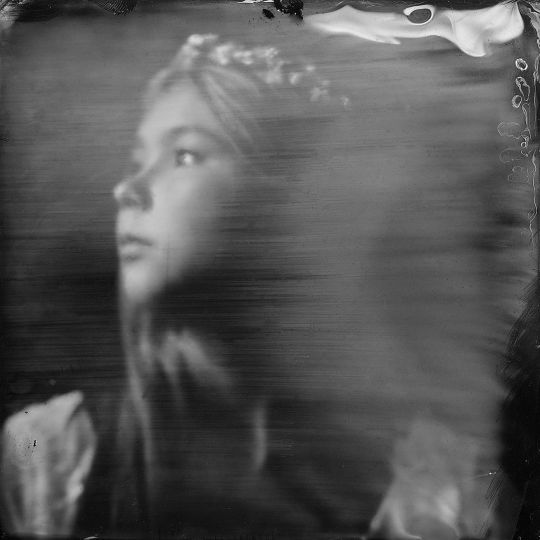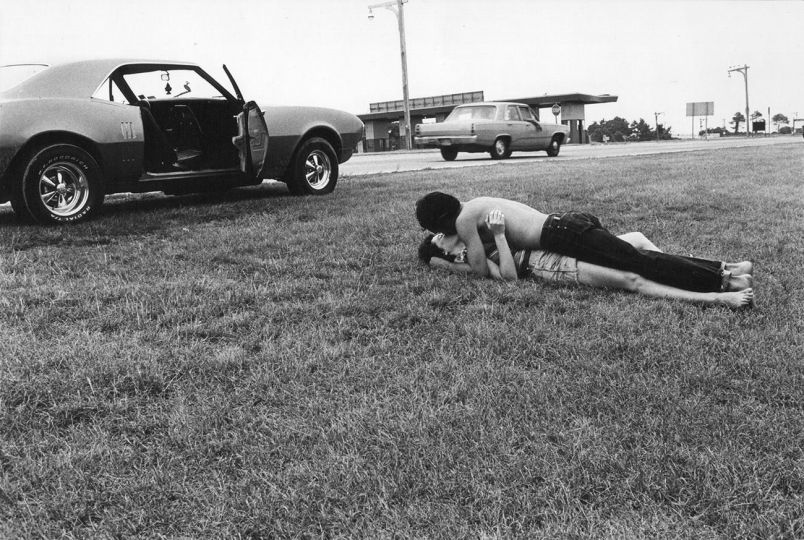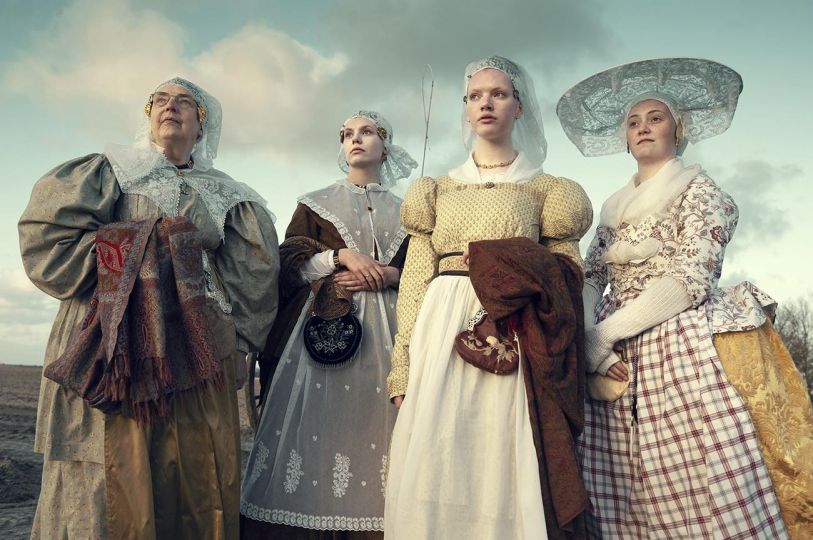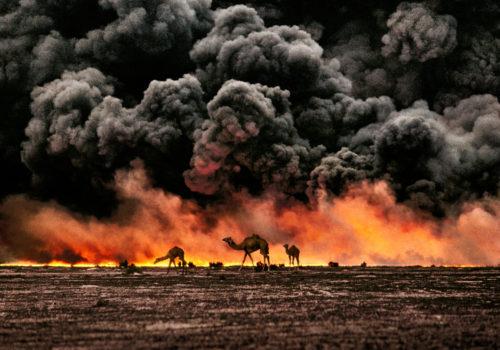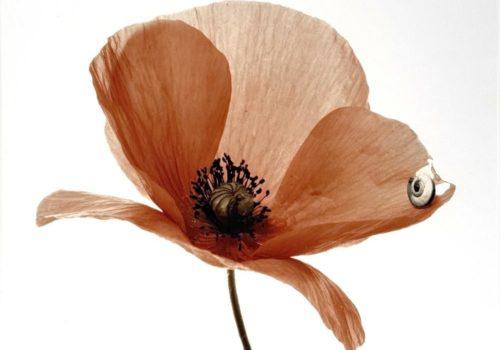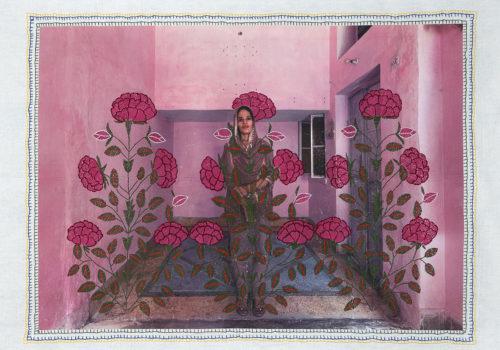The exhibition just opened. It’s getting dark with a hint of autumn, the lights in the courtyard of Corso Como 10 are lightening up for an atmosphere that suits the event well, while people look at the images of a myth. The myth, of course, is Bettina, recognized as a great Muse of the golden age of Parisian couture and fashion photography. An era marked by the optimism of the post-war period, by strong social changes, by women’s new roles and new fashion trends.
When Bettina makes her entrance in the Gallery, even not knowing her, you would recognize her at a glance for her style, for her eyes and her smile. While visiting the exhibition with Carla Sozzani, she pauses in front of photos which portray her. Pictures that reveal her way of modelling, but especially her expression. Looking at them, we can see a whole age, although these photos don’t belong to any time, as Bettina tells us when we interview her: “Evergreen photographs”.
Indeed, from the very modern portraits in profile, that have nothing to envy to the style and the richness of the Renaissance ladies by Pollaiolo, to other images both innovative and elegant, all of them can still be effective in today’s fashion communication.
“The “profiles” are among the images I likes the best, because of their elegance and expression”, explains Bettina, and adds: “they are pictures that represent the fashion sense. Another image I like is the one of me with the blouse “Bettina”, designed by Hubert de Givenchy”.
At the entrance of the Galleria Carla Sozzani, you can read this sentence about Bettina: “On the street, on the beach, in luxurious mansions, among the canvases in an artist’s studio or against a simple white background (…) the most successful photographers achieve images that have shaped the history of fashion photography”. The same for the history of fashion. So we ask her how she managed to represent “the fashion” so well.
“I started posing and I worked in fashion for ten years, quite a long time. Thus fashion became my life, it was my life, performing fashion shows and posing and modeling at the top. Gloves, hats, veils – that was the time: I liked to pose, it was an instinct and a pleasure too”, she answers. “Maybe I had also a different style. I was a success in my job as a cover girl, and I owe that success more to an expressive face than to my good looks. You have to have a personality”, she adds.
Bettina was the first top model of a fashion system yet to be developed, as was that particular way of photographing fashion. As she explains: “It was something that didn’t exist at that time. At least, it existed in America where it was at its very beginning, but it had not reached France then. It was something very new”. It was a unique era, when the couturiers turned their atelier into temples of fashion and their mannequins into muse. “I was “the” fashion at that time. I started working at the beginning of that very special period. Now it is completely different, people change, times change, fashion changes, mentality changes, the look changes: nothing remains the same. Luckily. Changes are quite interesting”, she says.

